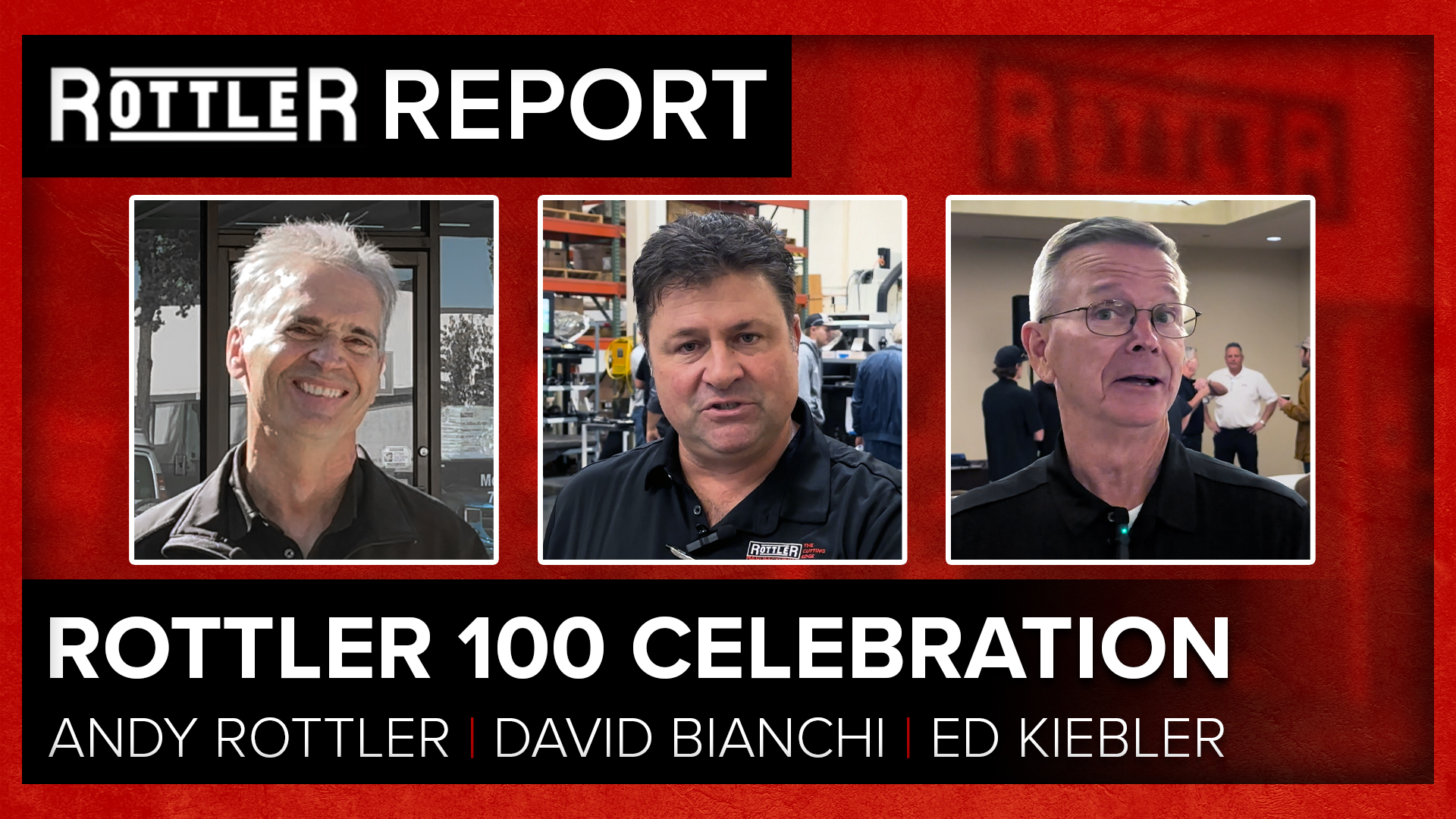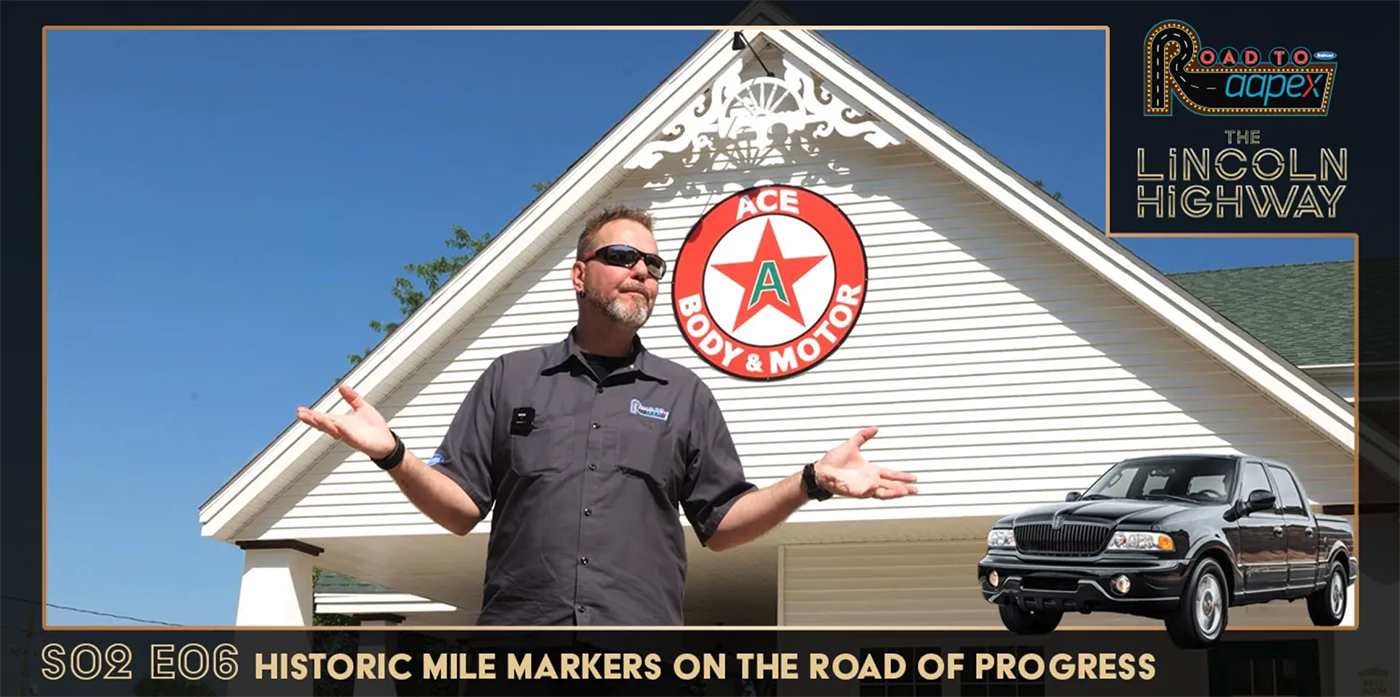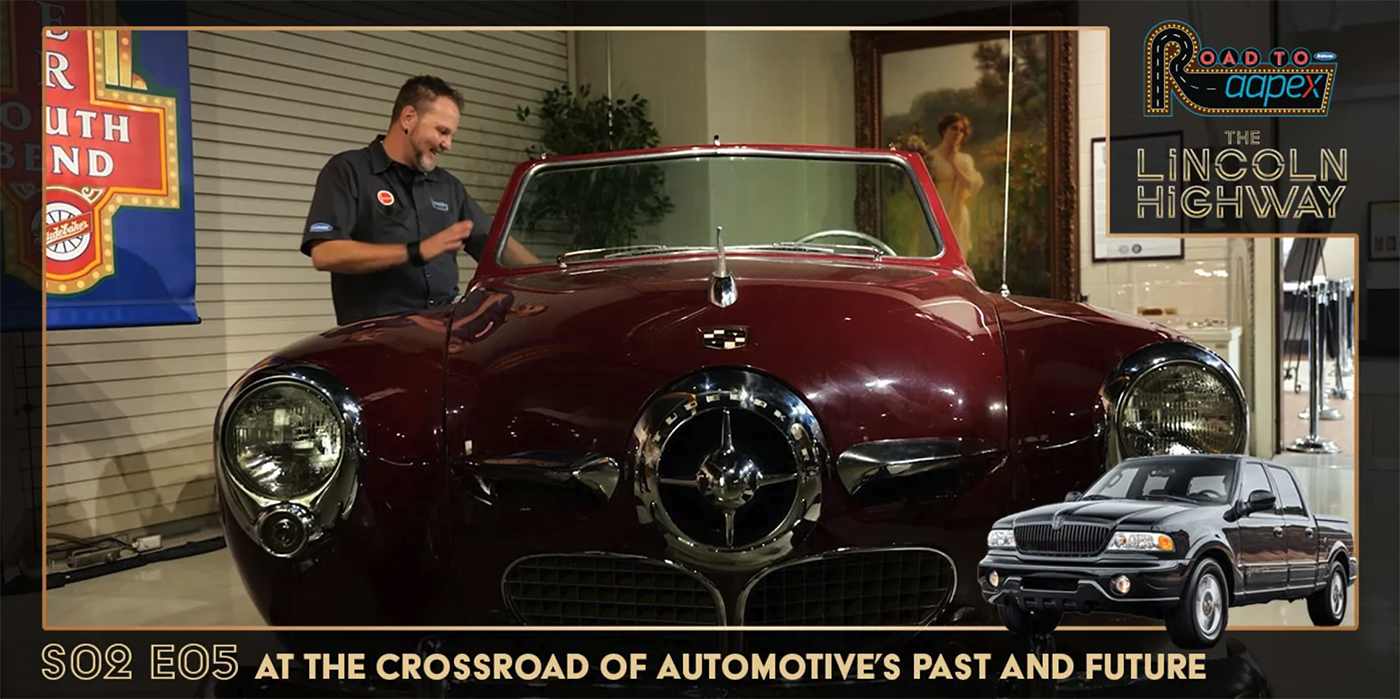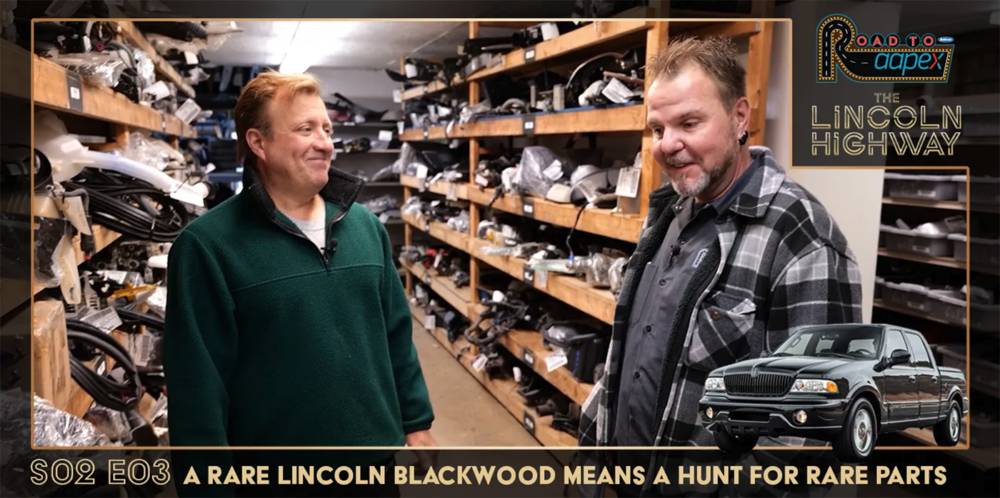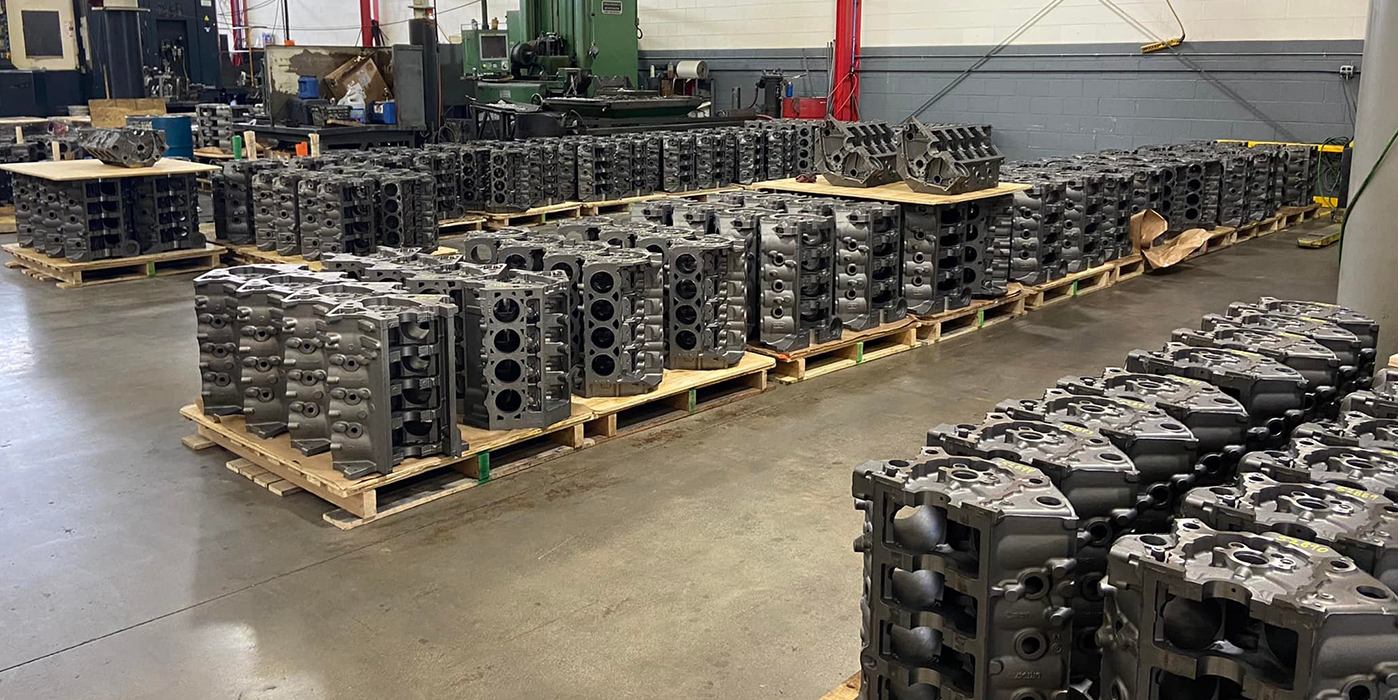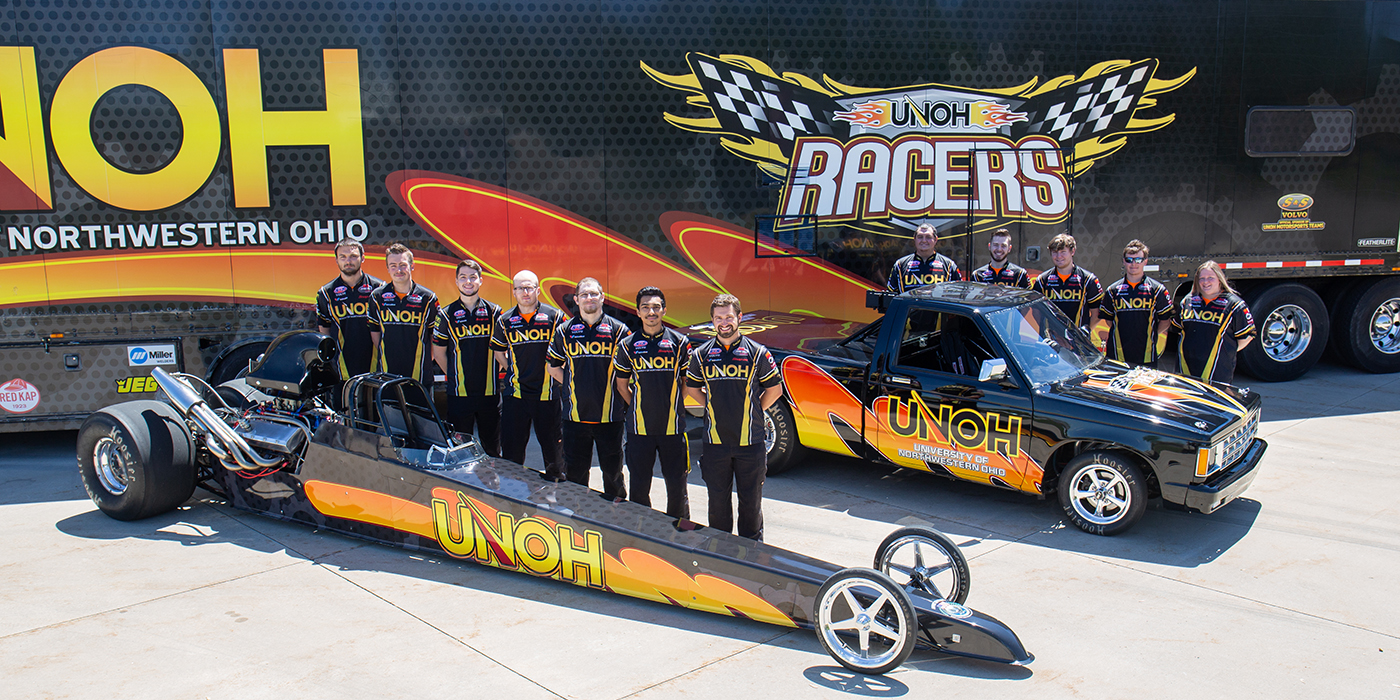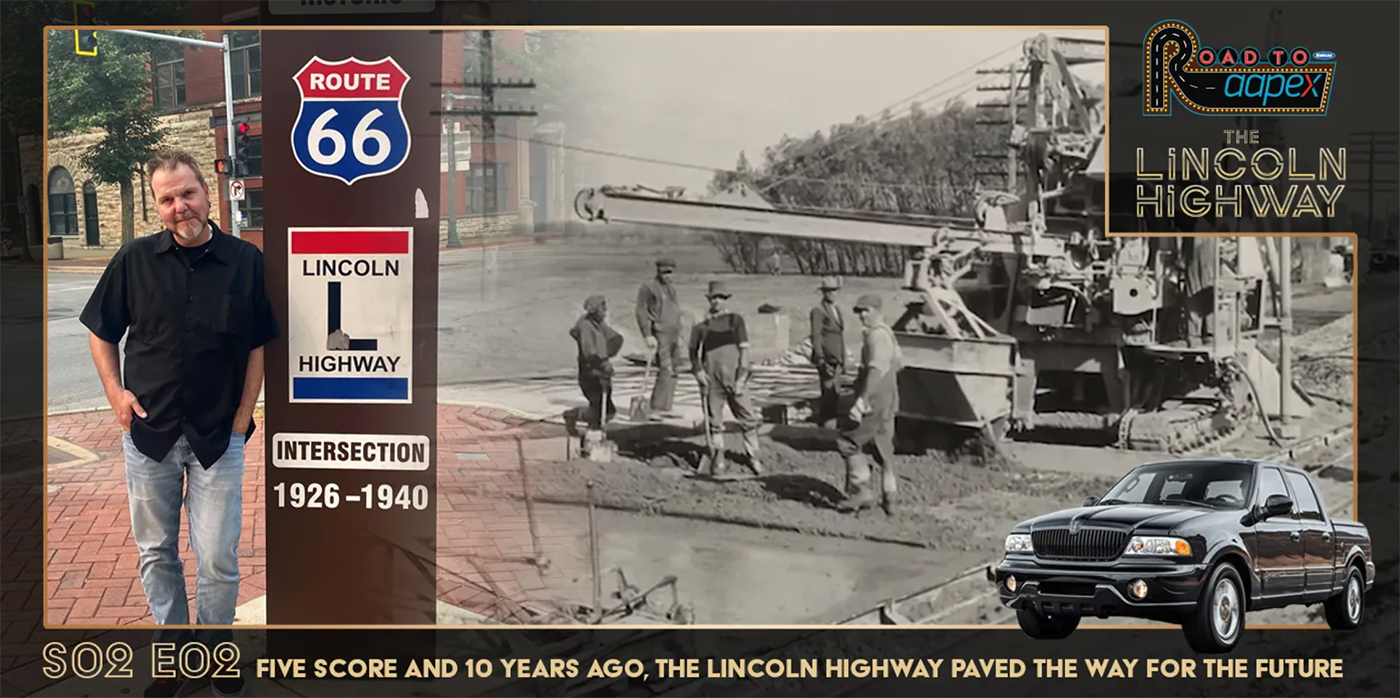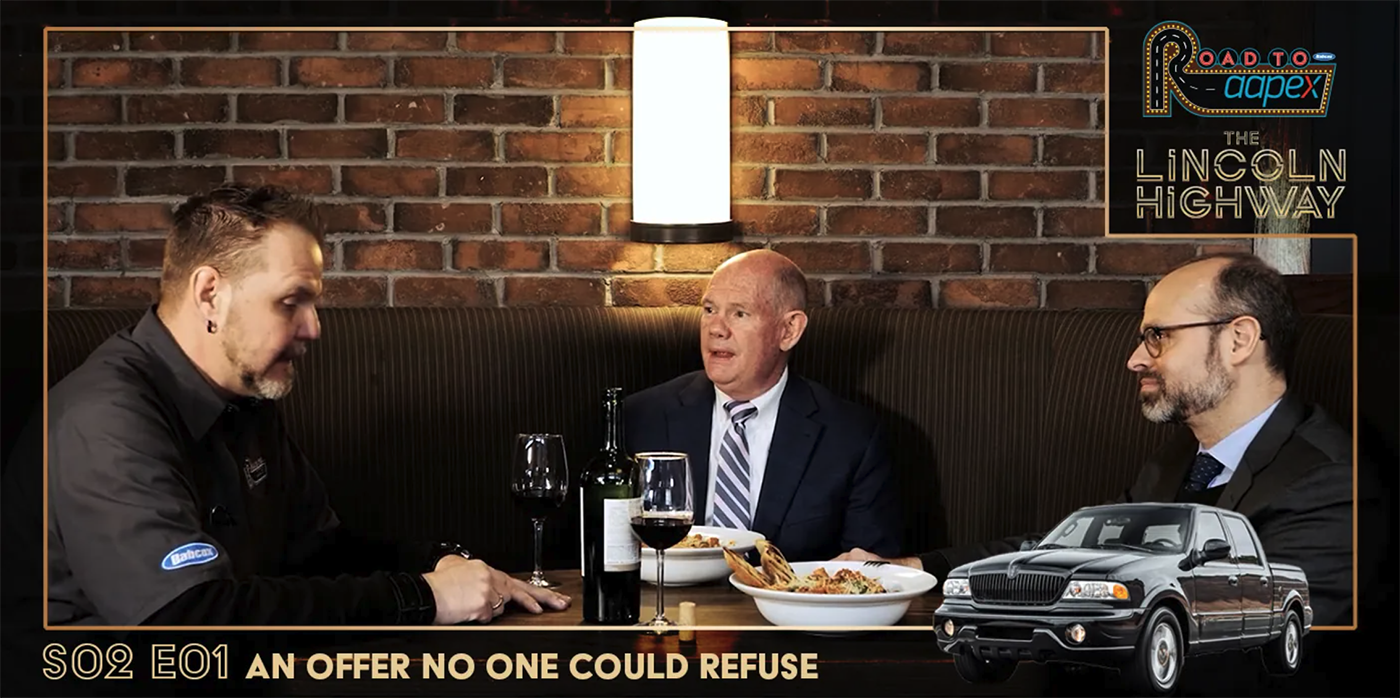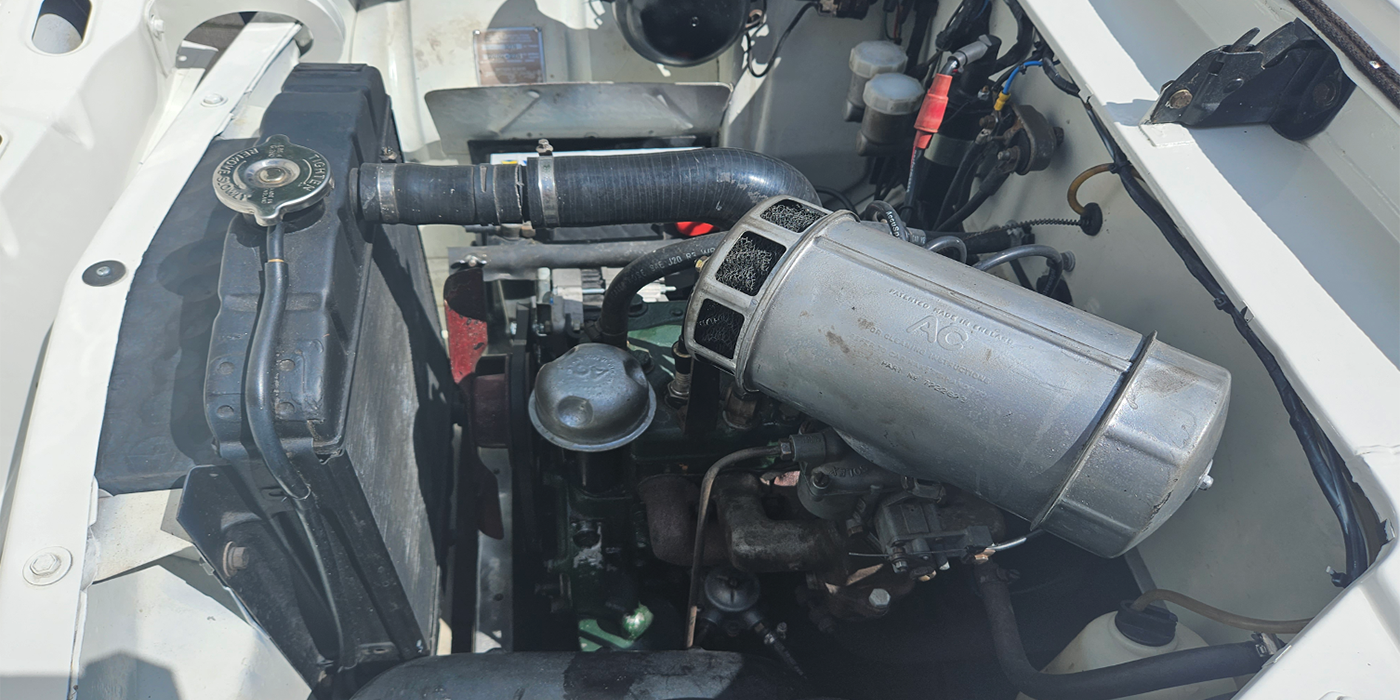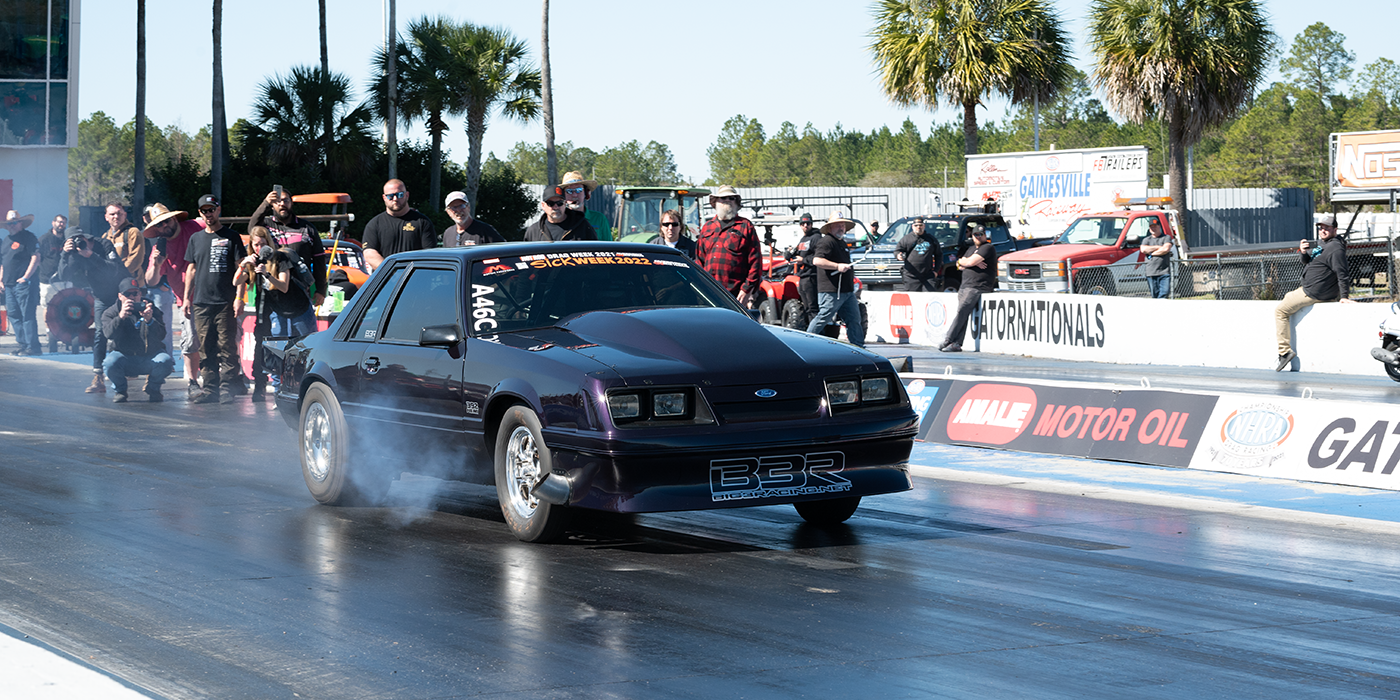Insurance is an expense. No matter how you slice it, insurance coverage will cost you money. If nothing ever happens, you may question why you paid for it. But having insurance should give you peace of mind, and when something does go wrong and you have to use your insurance policy, you are more than thankful you had the foresight.
In the business of engine building there are numerous insurance coverages that you may be aware of and already have, but there are several that you may not know even existed that could help your business in case something happens.
“The key for a business owner is to evaluate the risk and evaluate their comfort level with the risk just as they would with a new business opportunity. They decide what ventures they do and do not want to go into based on their comfort level with that risk, and insurance is very similar,” says Leo Heintz, vice president and product manager of commercial insurance for ERIE Insurance. “They need to decide what they are willing to pay for on their own versus covering with insurance. They need to determine if they are willing to not cover certain things or assume high deductibles on certain things, both of which will help them save premium. They need to look at those potential big, big losses that they know will maybe put them out of business. Those are the ones they really want to key in on.”
For starters, most of you rent or own a building where you do business. An engine builder would have a need for building coverage. This coverage may include insurance for inventory, tools, your mechanics’ tools (if they buy their own), engines, blocks, engine parts, and more that may be in your shop to have work done and would be in your custody on your premises.
“Property-wise they would have those exposures,” Heintz says. “One of the things engine builders will want to make sure of is that they are buying coverage that has replacement costs and not a cash value. You’ll want to make sure you’re not hit with depreciation on the building or on your inventory. That’s a question you’ll have to talk to your insurance carrier or agent about.”
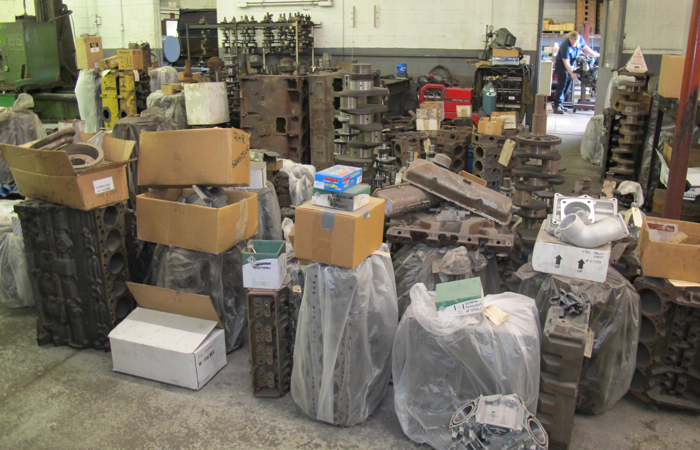
If you have materials that do belong to others, you’ll want to ask if those things are covered. Typically that’s not an automatic coverage.
“If you buy building coverage and contents coverage you’ll be covered up to a certain amount,” he says. “But if you have engine blocks and heads that belong to drag racers, you’ve got some substantial money there. You’ll want to make sure that there is coverage for the property of others while it’s in your care, custody and control.”
Let’s say there is a theft and you come in the next morning and that stuff is gone – now you’ve got $30,000 that you’re responsible for and didn’t realize it wasn’t part of your coverage. Make sure you know exactly what you’re covered for.
With regard to your employees’ tools, not every carrier will necessarily provide coverage for employees’ tools as part of the building’s contents, which would cover things like equipment, furniture and inventory.
“Typically employees’ tools would have to be endorsed onto a policy,” Heintz says. “Erie Insurance provides that coverage in the package we sell, but not everyone does that. Your employees could have $60,000, $80,000 or even $100,000 in their tool chest. The last thing you want to have happen is for your employee to come in and find out their tool chest got wheeled out and they’re on their own to cover it. Unless they have it covered under their own insurance, I think most employees would assume their employer is going to take care of it.”
While protecting your building and the things inside it might be top priority, another coverage engine builders need to have is liability. This insurance can protect you from folks who might trip or fall on the premises and cover your completed operations or products.
“Whether it is an issue with a gasket or cracked head or whatever the case may be (customers) might point back to say it was faulty workmanship or a defective part,” Heintz says. “Your typical insurance package will include liability protection coverage.”
Covering your handiwork is one thing, but let’s say someone is looking around your shop and while they are on the floor an engine block rolls off a forklift and breaks that person’s leg. If this person brings suit, even though they probably shouldn’t have been out there, the business owner is liable.
“Liability protection provides legal defense coverage to see you through the process,” he says. “If this went to court for lawsuit and there was a judgment against you, the policy would provide coverage up to the policy limit.”
While building and liability coverages are typical, there are some specialty coverages that could be of benefit to engine builders.
“For an engine builder who relies on electric power, air power, etc., there is a coverage called off-premises utilities,” he says. “If you had a snowstorm that brought down some power lines and you were without power for more than 24 hours, you’re obviously not up and running and you would experience some income loss as a result of that inability to open your shop. That is an exposure that some business owners don’t think about, but it could be a big one.”
Another specialty coverage is called mechanical electrical breakdown. This covers your equipment and machinery.
“Whether it was a pure mechanical breakdown, a power surge or a lightning strike that damages equipment, you could have a potential large repair bill for the equipment itself, and a potential loss of income while that’s down and you’re waiting to repair it,” Heintz says. “It could take a couple of weeks to get something fixed and there could be jobs that you might not be able to complete.
“If a honing machine stops functioning you can file a claim for that. A third party company would come take a look at it and determine what happened and make payment to repair the equipment.”
As with some of the previous insurances mentioned, mechanical electrical breakdown coverage is not something that is always included. Engine builders will want to ask whether this coverage is included or can be provided.
“A lot of times this type of equipment is bought used because it lasts forever and the warranty is no longer on that piece of equipment,” he says. “If you run into an $8,000 repair and you don’t have coverage, you’re stuck with that cost and the machine can’t run until it’s repaired.”
Lastly, data breaches and loss of customer information, like credit card numbers, are becoming a bigger threat to any business these days. Most small business owners, such as engine builders, probably don’t think this could happen. However, while you may not be at the same level as Target or Home Depot, there are other ways your information could be at risk.
“If you get a virus that gets into the computer system or somebody hacks in and is able to get records of your current customers, today’s laws require you to reach out to those customers and tell them you had a data breach and their information may have been compromised,” Heintz says. “Even the small mom-and-pop type shops are held to that.
“What you don’t think about is that most (engine shops) have information on a laptop or PC. If someone breaks in and steals that PC, even if they don’t have any intent on stealing data from it, they might just want the PC to take to a pawn shop or sell it on the street. The issue becomes that you just lost all that personal data, and you have a responsibility to reach out to your client list and tell them they may be at risk.”
Again, this is coverage that isn’t typically included, so you’ll want to ask if this coverage is available.
“A company that ERIE partners with will not only help pay for part of the loss or to help send records out to clients, but it will walk you through the experience,” Heintz says. “That’s a bigger part of the issue than what you’re going to owe. It’s comforting to know that all you have to do is make a phone call and you’ll be walked through the steps to make sure you’re complying with the law.”
To reiterate, insurance is something we all need in some shape or form, but make sure you’re doing your due diligence and are covered for those big threats to your business. And make sure you’re asking the right questions of your insurance company. If and when something happens, you’ll be thankful you had coverage.


